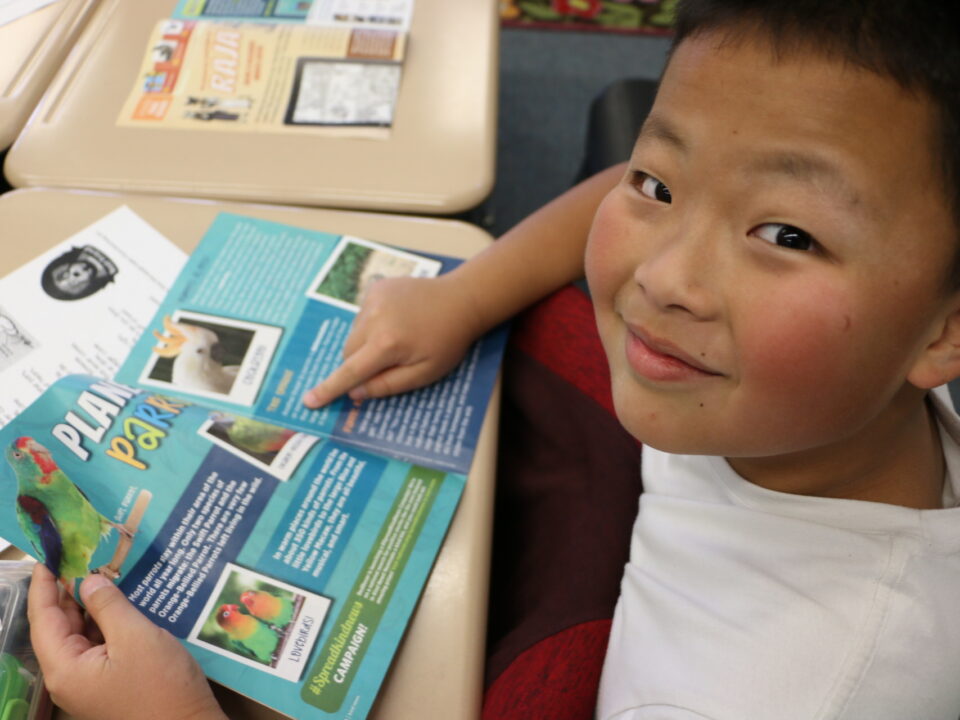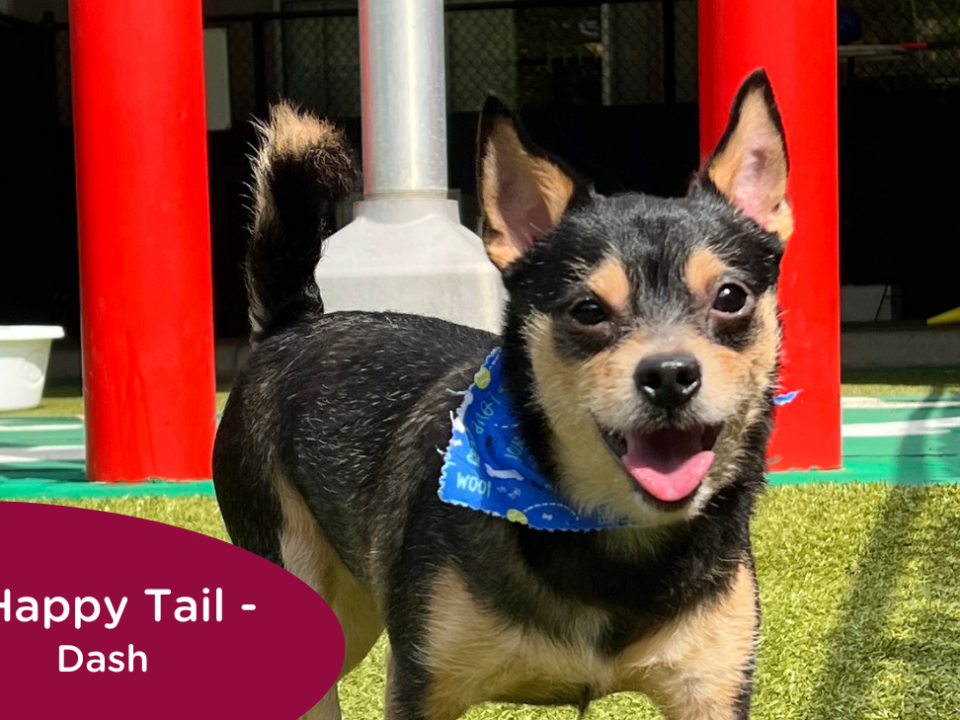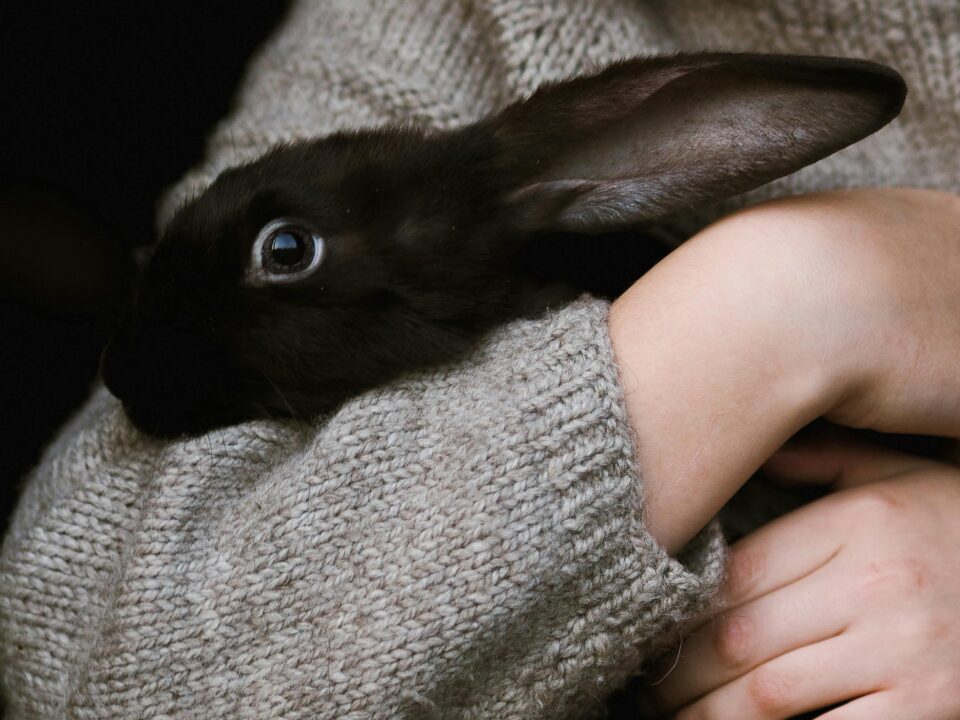RedRover at Pet Night on Capitol Hill in support of Domestic Violence Survivors and their Pets
September 28th, 2023
By Katie Campbell, Director of Collaboration and Outreach
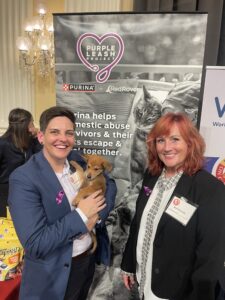 RedRover’s efforts to keep domestic violence (DV) survivors and their pets together encompasses many facets – from providing grants to create pet housing programs, to providing training and coaching assistance on how to create this programming, to supporting and encouraging legislation at the national level.
RedRover’s efforts to keep domestic violence (DV) survivors and their pets together encompasses many facets – from providing grants to create pet housing programs, to providing training and coaching assistance on how to create this programming, to supporting and encouraging legislation at the national level.
Since 2020, RedRover has been a member of the PAWS Act Coalition, along with our Purple Leash Project partner, Purina. The Coalition has worked to ensure that the PAWS Act funding (formally called Emergency and Transitional Pet Shelter and Housing Assistance Grant Program) has been renewed each year, and to inform how the funding has been distributed to organizations throughout the country.
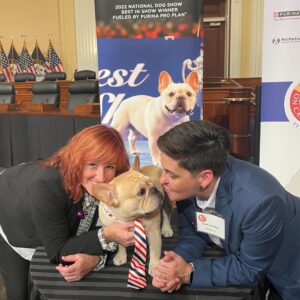 As part of our efforts to keep this discussion prominent at the legislative level, we recently participated in the “Pet Night on the Hill” (part of Pet Week on Capitol Hill) event in Washington, D.C. Organized by our friends at Purina and the Human-Animal Bond Research Institute (HABRI), I and other members of the Coalition attended and met with legislative representatives, as well as other organizations from around the country, who are working to keep people and their pets together. Several Pet Partner therapy dog teams, plus Winston the winner of the Westminster Dog Show, also joined us to showcase the power of the human-animal bond!
As part of our efforts to keep this discussion prominent at the legislative level, we recently participated in the “Pet Night on the Hill” (part of Pet Week on Capitol Hill) event in Washington, D.C. Organized by our friends at Purina and the Human-Animal Bond Research Institute (HABRI), I and other members of the Coalition attended and met with legislative representatives, as well as other organizations from around the country, who are working to keep people and their pets together. Several Pet Partner therapy dog teams, plus Winston the winner of the Westminster Dog Show, also joined us to showcase the power of the human-animal bond!
Events like Pet Night are an important way to continue the discussion around just how important funding like this is. The PAWS Act provides crucial funding to create and sustain pet housing programming – covering startup costs, staffing, veterinary care, and even things like transportation assistance and pet deposits for housing. Of course, this funding is extremely important, but I believe the PAWS Act does something even more important – it sends the message that this kind of programming is important. Essential, even, to providing trauma-informed services for survivors and their pets.
Thank you to the teams at Purina and HABRI, and to our colleagues on the PAWS Act coalition, for continuing this important work to keep these topics at the forefront. It takes a community.

